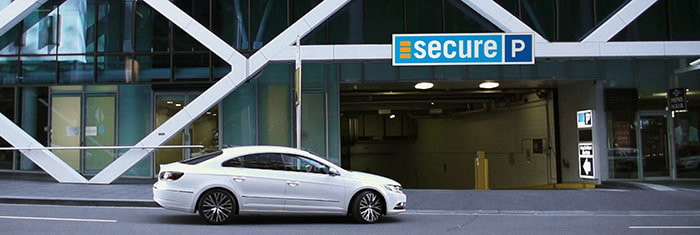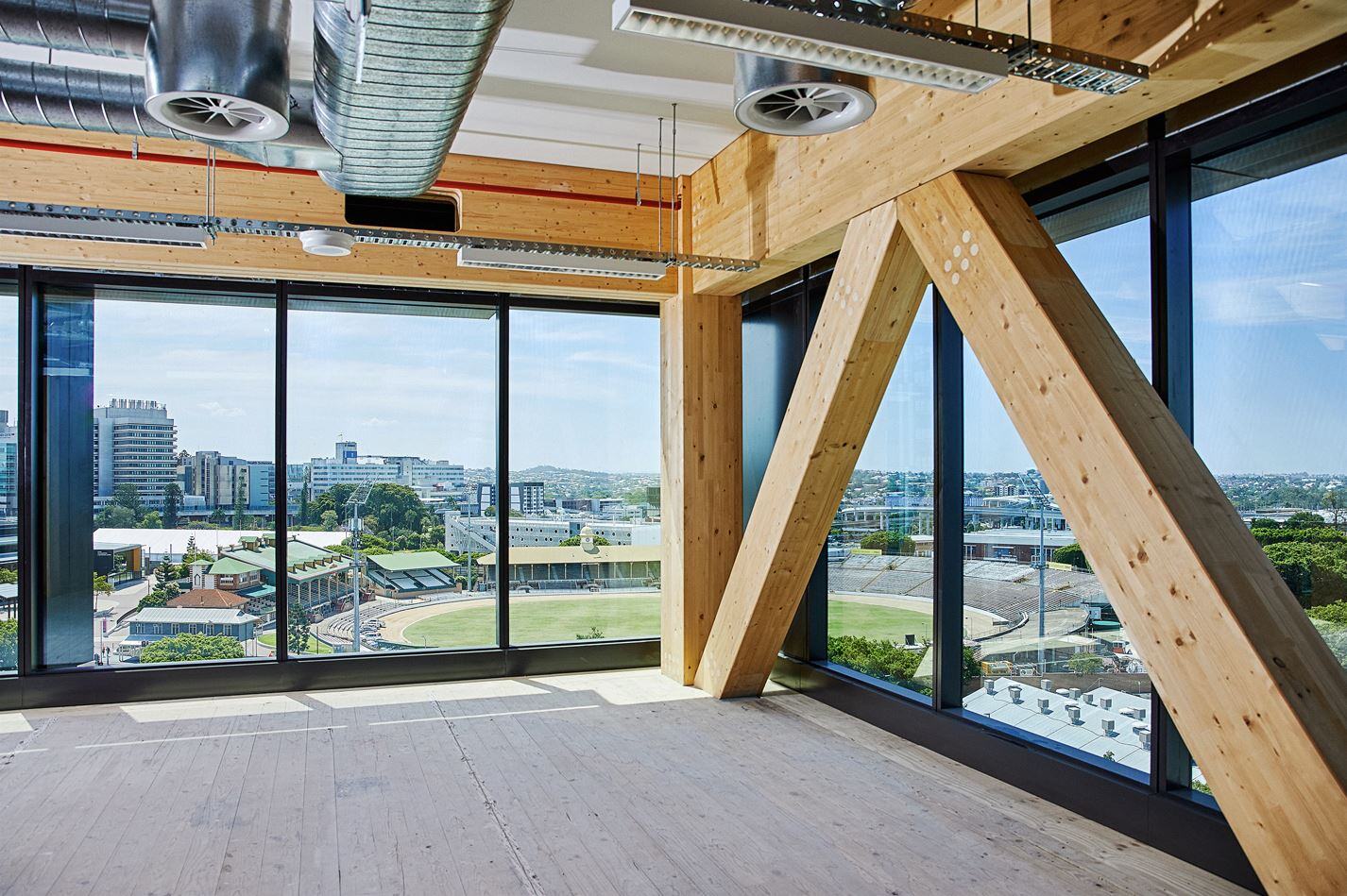What Is Commercial Parking?
It can be a major headache for clients and employees who work in a busy location - determining where to park.
Commercial car parking is about providing parking spaces for businesses that require facilities for their customers and staff, and it can be a key source of value or frustration.
So what is commercial parking?
There are two main types of commercial parking: surface parking and structured parking. Surface parking refers to parking lots or areas at ground level, while structured parking refers to multi-level parking garages or underground lots.
In Australia, commercial parking is regulated by the local council or government authority. These organisations, such as the Brisbane City Council, Moreton Bay Regional Council, or Gold Coast City Council, set the regulations where vehicles can park, including the maximum time limits, parking fees, and penalties. In some cases, private companies may also regulate their own parking facilities.
Commercial parking is typically charged on a time basis, where customers pay for the amount of hours they park. These fees will vary depending on the location, duration and security of the vehicle.
What Are The Benefits Of Commercial Parking?
Commercial parking can play a significant role in the success of businesses in Australia.
One of the primary benefits of commercial car parking arrangements is the increased accessibility it provides for customers and clients.
Having sufficient parking spaces available can make it easier for customers to visit a business, which can ultimately lead to increased revenue.
Commercial parking also plays a role in attracting and retaining employees. When employees have a safe and convenient place to park, it may contribute to increased job satisfaction and lower turnover rates. This is particularly important in areas where public transport is limited.
With car parking costs in Brisbane reported to be the second-highest in Australia at about $72 per day, offering free or lower-cost parking to staff is a great perk.
Further, car parks for lease and commercial parking can also add another revenue source for a business.
What Are Zoning Laws?
Navigating commercial parking regulations in Australia can be complex, as there are several laws and regulations that businesses must follow. Businesses must obtain the necessary permits to operate a commercial parking facility. This may include permits for construction, operation and regulations within the car park.
One of the most important regulations to be aware of is zoning laws, which are set by local councils. Every piece of land is subject to a specific zone.
Zoning regulations set down how and where businesses can operate, including vehicle parking.
Businesses must ensure that they are operating in a zone that permits commercial parking and that they are complying with any regulations regarding the number of parking spaces required for their business.
Accessibility requirements are another important consideration for businesses. Under Australian law, businesses must provide accessible parking spaces for people with disabilities.
These spaces must be located close to the entrance of the business and be clearly marked and reserved for people with disabilities.
Finally, companies should be mindful of the fringe benefits tax implications for providing car parks. In general, medium and large-sized businesses – defined as those with a turnover of more than $10 million - have to pay FBT for the car parking provided to employees if it is located at or near the lease premises.
Check with an accountant about the financial impact, which also depends on a range of other factors, such as the proximity to a commercial car park, and the average weekly use of the car park.
How Can You Maximise Commercial Parking Space?
Maximising commercial parking spaces is important for businesses to ensure they are making the most of their space within their lease agreement.
Reserved parking spots can be allocated within the area to make sure they are always available for the people who need them.
Will the car parks be allocated to clients or customers? What provision is there for disability parking? These are questions to determine for each business, within the requirements of their lease agreement.
Businesses also have to consider how to allocate parking for staff given the impact of working from home. There is increased competition for parking spaces Tuesdays to Thursdays when people come into the office, but greater availability on Mondays and Fridays.
Once those decisions have been made, clear signage communicating the availability of the parking should be in place. Timing restrictions are also common.
For commercial car parking, meters or pay stations will allow users to pay for their parking service easily and quickly. And increasingly, major operators are introducing software and technology to optimise car parks - creating “smart parks”.
.svg)



